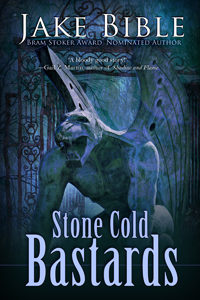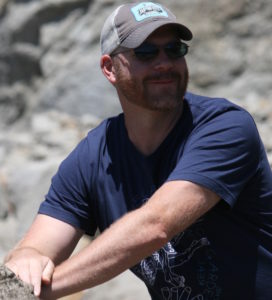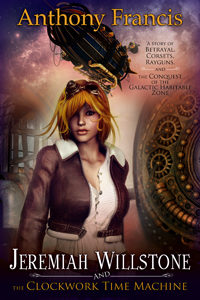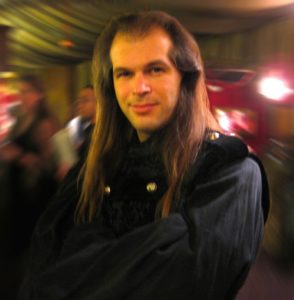My career is built on being able to crank out a novel a month. Yes, you read that correctly, a novel a month.
Is this a good thing? Well, it sure helps pay the bills.
Are the novels any good? My fans and readers seem to like them and the reviews tend to back that enthusiasm up.
Can they be better? Ah. There’s the rub. Can they be better…
The quick answer: yes.
The long answer: of course, but it has absolutely nothing to do with the timeframe in which I write those novels.
You see, even if I was given a year to complete a novel, I’d probably still write it in four weeks. That’s my style, that’s my groove.
That’s where the editor comes in.
When I finished Stone Cold Bastards and turned it in, I thought I was done. The other publisher I work with would have put the manuscript through some rigorous proofreading for typos and grammar and all that jazz, but they would have trusted that the story itself was solid and off it would go to the printer and to the ebook formatting elves. Nothing wrong with that. I write tight, so I’m comfortable with a quick turnaround.
Except every manuscript can be improved upon and SCB was certainly one of those manuscripts. I know, I know, how can you improve on a novel about a ragtag team of misfit gargoyles tasked with protecting the last of humanity from the demon-possessed hordes that have taken over the world? I know, right? That’s perfection in a nutshell.
But SCB needed tweaks. The characters needed better motivation. They needed to care. They needed to want to survive and/or help others survive. They had distinct personalities, yes, but so what? That’s where the editor steps in and helps turn a good novel into a great novel.
I fixed those characters. I made them care about others and about themselves. And in doing so, I made the reader care about them too. I wouldn’t have seen that flaw if it wasn’t for that extra editing. I would have moved on to the next novel and forgotten all about SCB. But the skill and experience of Bell Bridge Books, forced me to take another look at the manuscript. And another. And another. Until it was just right. Until it was the novel it was supposed to be, not just the novel I turned in.
In these days of self-publishing and the race to get novels to market, I think many writers forget the value of a good editor. For me, I never knew the value until I experienced it. Now I’m spoiled.
Yes, I’ll still write fast. I won’t deviate from my novel a month pace because that’s the writer I am. But it makes things easier, it takes a little bit of the load off my shoulders, knowing that the novel I produce at the end of that month can still be made better and I don’t have to go about that task alone.
All thanks to the editor.
About the Author:
Jake Bible, Bram Stoker Award nominated-novelist and author of the bestselling Z-Burbia series, short story writer, independent screenwriter, podcaster, and inventor of the Drabble Novel, has entertained thousands with his horror and sci/fi tales. He reaches audiences of all ages with his uncanny ability to write a wide range of characters and genres. Other series by Jake Bible: the bestselling Salvage Merc One, the Apex Trilogy, the Mega series, and the Reign of Four series. Jake lives in the wonderfully weird Asheville, North Carolina. Connect with Jake on Facebook, Twitter, and his website: jakebible.com













